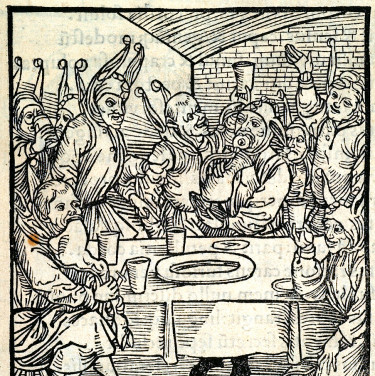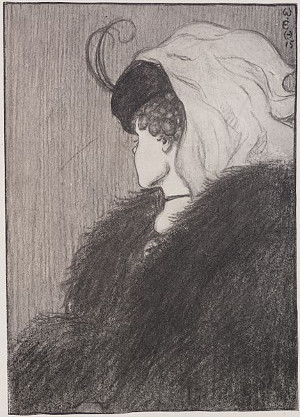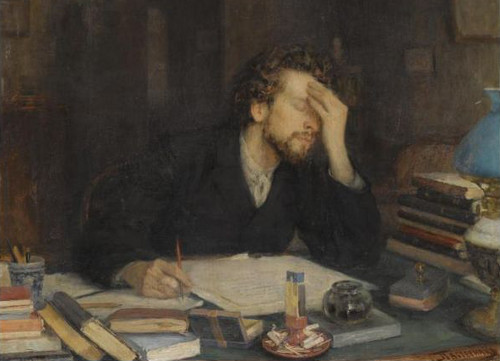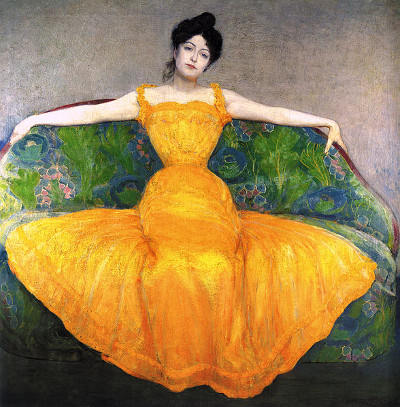agamist
n. an unmarried person
Schedule of a bachelor’s life, from the Yorkshire Observer, Nov. 30, 1822:
At 16 years, incipient palpitations are manifested towards the young ladies.
17. Blushing and confusion occurs in conversing with them.
18. Confidence in conversing with them is much increased.
19. Is angry if treated by them as a boy.
20. Betrays great consciousness of his own charms and manliness.
21. A looking-glass becomes indispensible in his room.
22. Insufferable puppyism exhibited.
23. Thinks no woman good enough for him.
24. Is caught unawares by the snares of Cupid.
25. The connection broken off from self-conceit on his part.
26. Conducts himself with airs of superiority towards her.
27. Pays his addresses to another lady, not without hope of mortifying the first.
28. Is mortified and frantic at being refused.
29. Rails against the fair sex in general.
30. Seems morose and out of humour in all conversations on matrimony.
31. Contemplates matrimony more under the influence of interest than formerly.
32. Begins to consider personal beauty in a wife not so indispensible as formerly.
33. Still retains a high opinion of his attractions as a husband.
34. Consequently has no idea but he may still marry a chicken.
35. Fails deeply and violently in love with one of seventeen.
36. Au dernier desespoir! another refusal.
37. Indulges now in every kind of dissipation.
38. Shuns the best part of the female sex.
39. Suffers much remorse and mortification in so doing.
40. A fresh budding of matrimonial ideas, but no spring shoots.
41. A nice young widow perplexes him.
42. Ventures to address her with mixed sensations of love and interest.
43. Interest prevails, which causes much cautious reflection.
44. The widow jilts him, being as cautious as himself.
45. Becomes every day more averse to the fair sex.
46. Gouty and nervous symptoms begin to appear.
47. Fears what may become of him when old and infirm.
48. Thinks living alone irksome.
49. Resolves to have a prudent young woman as housekeeper and companion.
50. A nervous affection about him, and frequent attacks of the gout.
51. Much pleased with his new house-keeper as nurse.
52. Begins to feel some attachment to her.
53. His pride revolts at the idea of marrying her.
54. Is in great distress now to act.
55. Is completely under her influence, and very miserable.
56. Many painful thoughts about parting with her.
57. She refuses to live any longer with him solo.
58. Gouty, nervous, and bilious to excess.
59. Feels very ill, sends for her to his bed-side, and intends espousing her.
60. Grows rapidly worse, has his will made in her favour, and makes his exit.




